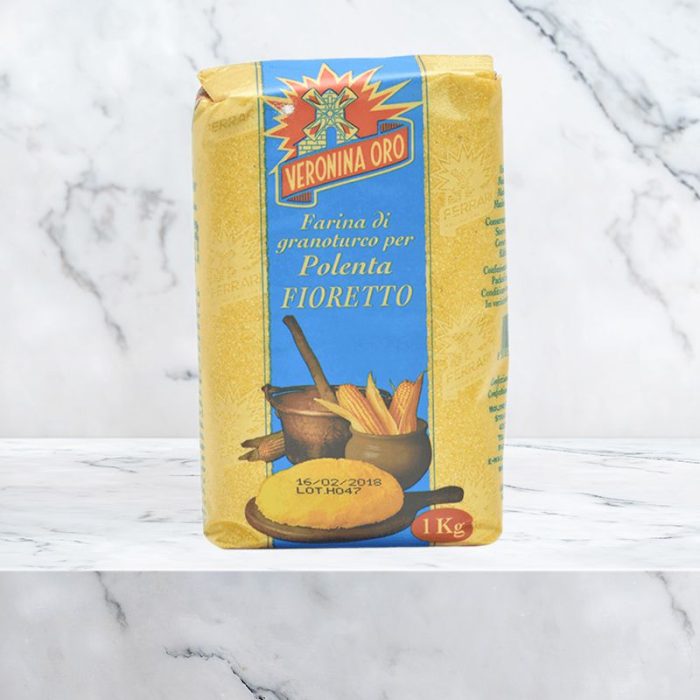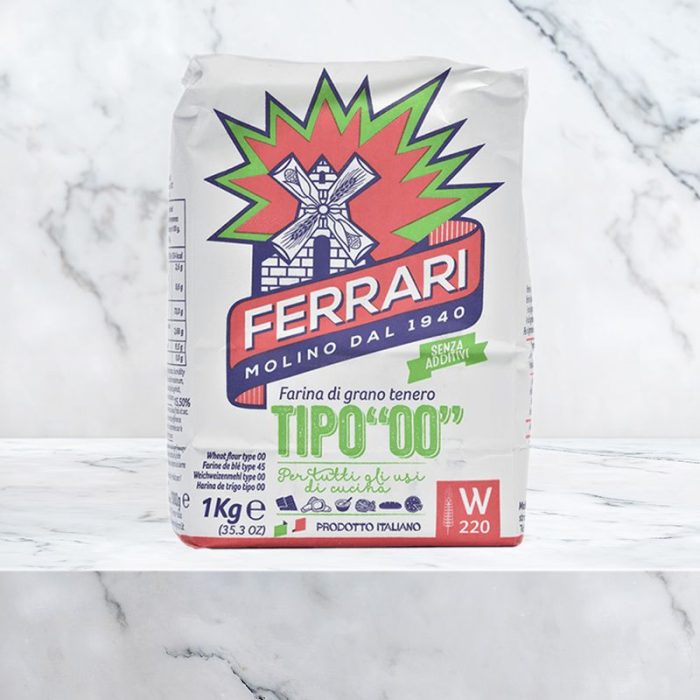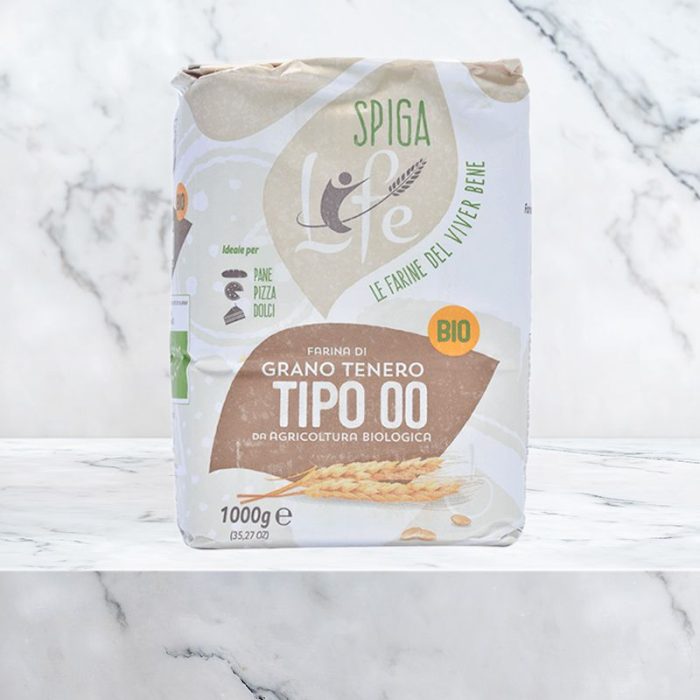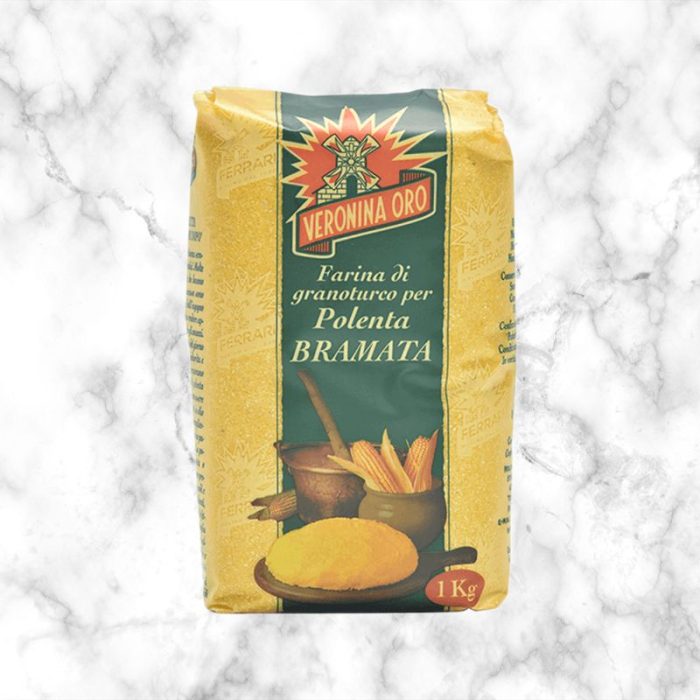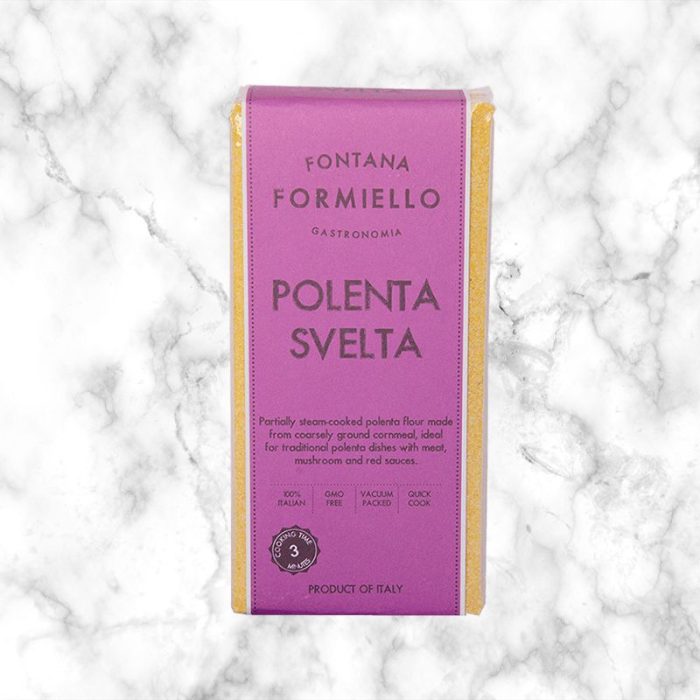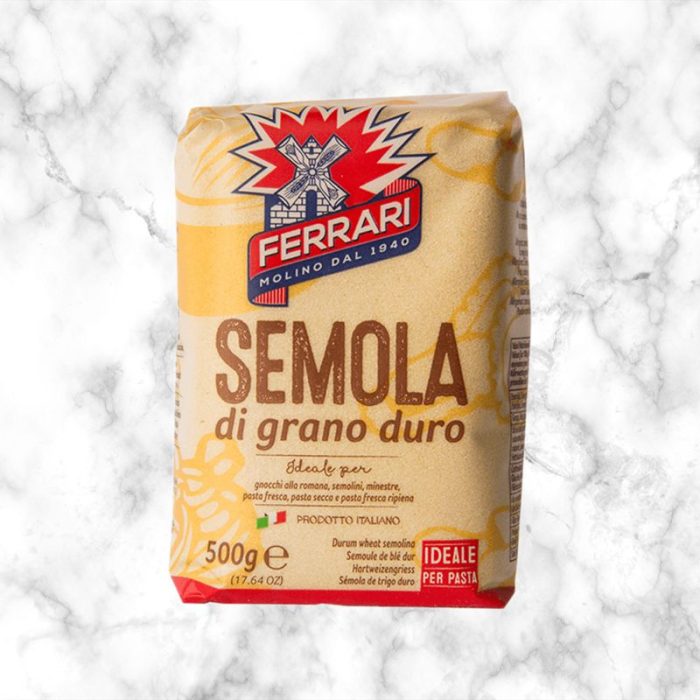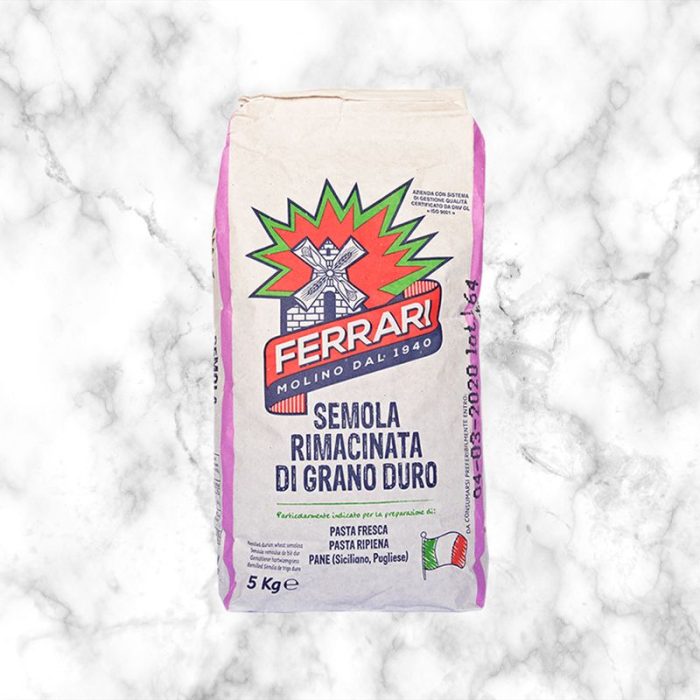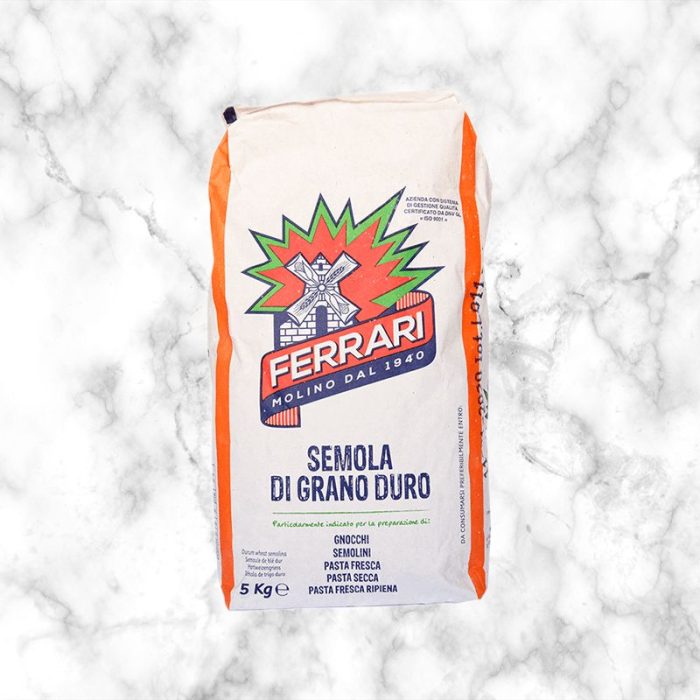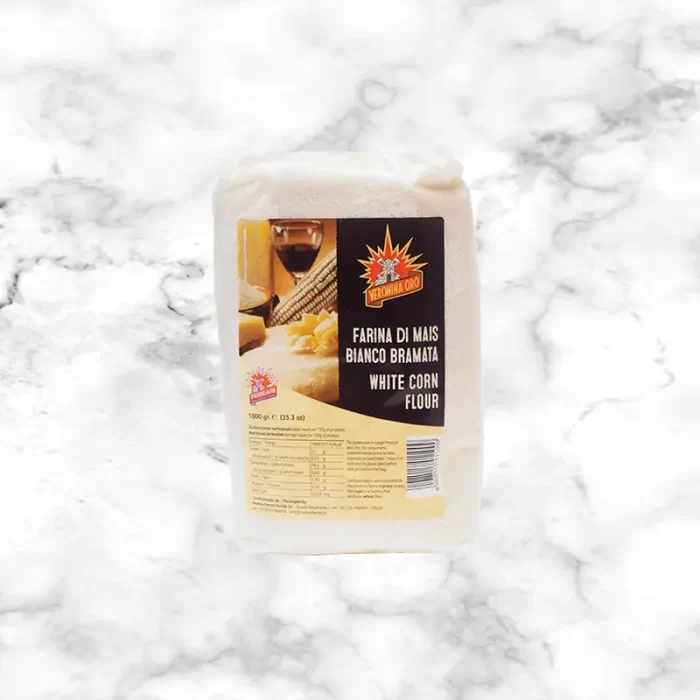Italian Flour
Italian Flour is the cornerstone of authentic baking and pasta-making. The Artisan Food Company offers finely milled 00 and semolina flours from heritage mills that combine precision and tradition. Sourced from the heartlands of Emilia-Romagna and Lombardy, each batch is ground for perfect texture and strength. Ideal for hand-rolled pasta, crisp pizza bases and fresh bread, these flours deliver consistency and flavour that reflect Italy’s baking heritage. When used with care, they transform simple ingredients into exceptional culinary creations that define true Italian craft.

